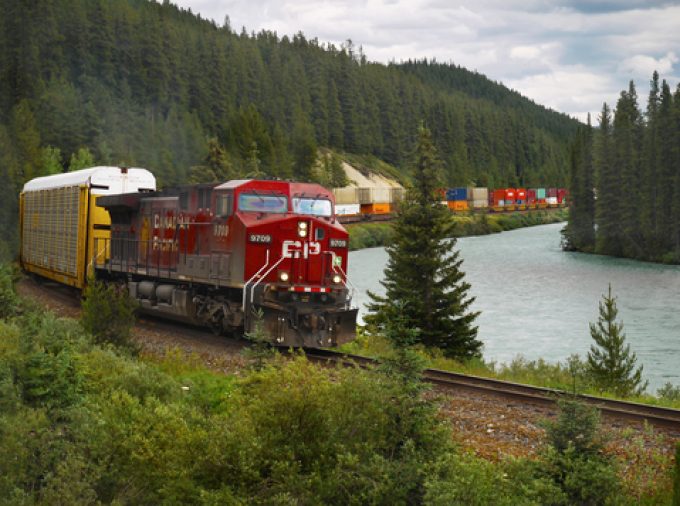SA: Canadian Pacific drops amid DOJ call for railroad regulator to block Kansas City deal
SEEKING ALPHA reports: Canadian Pacific (NYSE:CP) dropped 3.2% as the U.S. Dept. of Justice reiterated that the U.S. ...

The headwinds for the acquisition of Kansas City Southern (KCS) by Canadian Pacific Rail (CP) have got stronger, with voices from the US Congress joining the chorus of opposition.
Two senators and two members of the House of Representatives have written to the head of the Surface Transportation Board (STB) expressing concern about potential repercussions from the merger.
The STB is reviewing the merger application and is expected to issue its verdict early next year.
The politicians, from Illinois, are worried about expected ...
Asia-USEC shippers to lose 42% capacity in a surge of blanked sailings
USTR fees will lead to 'complete destabilisation' of container shipping alliances
New USTR port fees threaten shipping and global supply chains, says Cosco
Outlook for container shipping 'more uncertain now than at the onset of Covid'
Transpac container service closures mount
DHL Express suspends non-de minimis B2C parcels to US consumers
Zim ordered to pay Samsung $3.7m for 'wrongful' D&D charges
Flexport lawsuit an 'undifferentiated mass of gibberish', claims Freightmate

Comment on this article